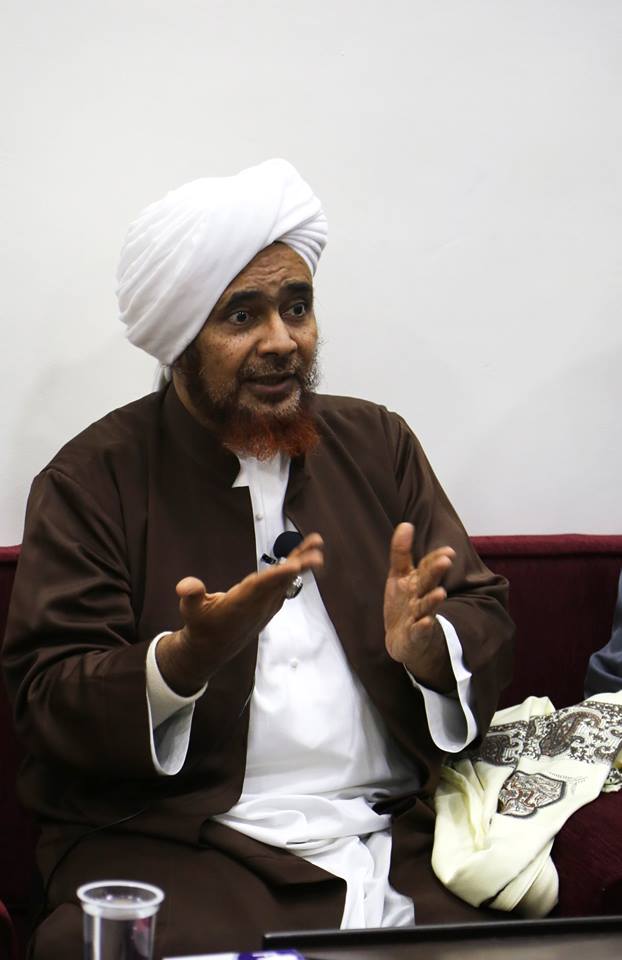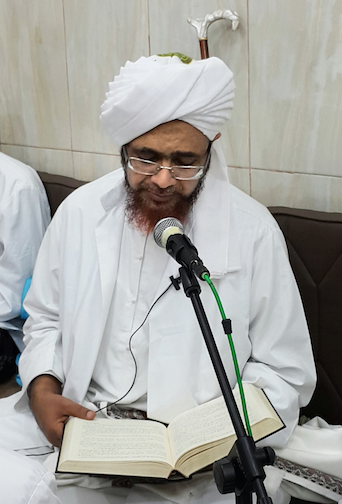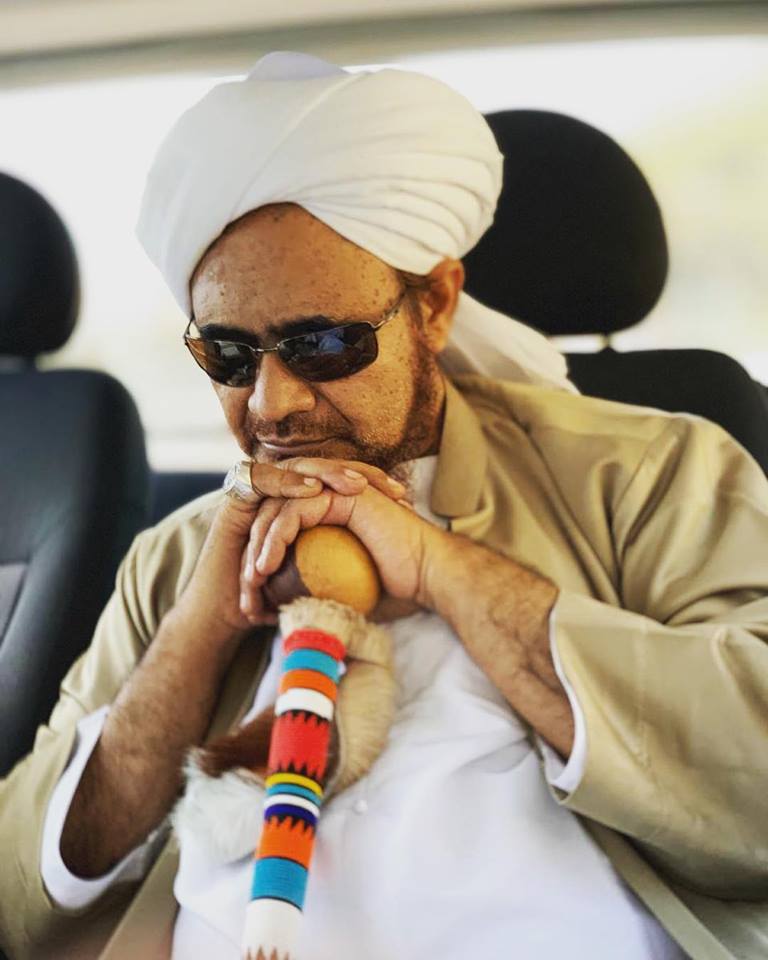Sayyidi Habib Umar bin Hafiz (may Allah protect him and benefit us by him) expounds on some of the meanings of truthfulness.
Truthfulness (sidq) is a station beyond sincerity (ikhlas). Sincerity relates to your intention and your purpose. Truthfulness is comprehensive and incorporates every expression of your approach to Allah, your aims and your mastering and perfecting your actions. One way of differentiating between the two is that the truthful person has no pride in his actions (‘ujb), whereas the sincere person shows no ostentation (riya’). Continue reading On Truthfulness










